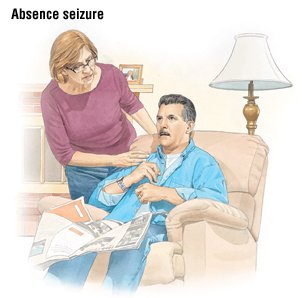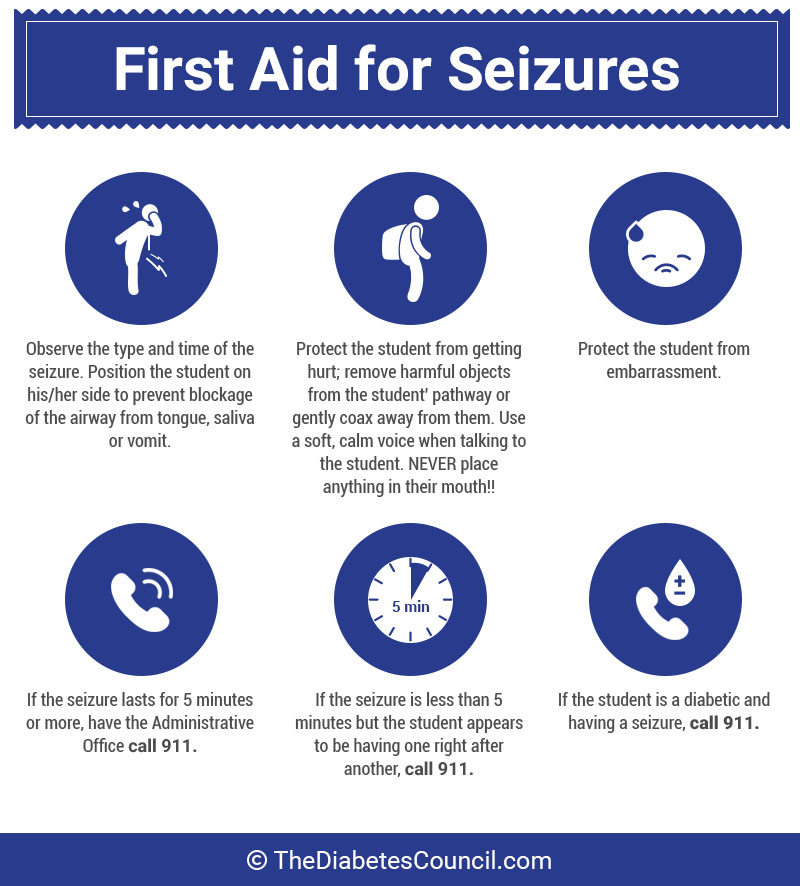
What is a seizure? A seizure is a temporary interruption of brain activity due to excessive and abnormal electrical impulses in brain neurons. This abnormal event should be differentiated from other events that might mimic seizures, however, which are not necessarily caused by abnormal and excessive electrical impulses in brain neurons, such as muscle spasms, syncope, or mentally based stress… If this occurs on a frequent basis, the individual may become aware of an impending seizure but is unable to stop it.
Epilepsy is not a disorder that affects only children. In fact, it affects both male and female, and affects almost one-fourth of the adult population. Epilepsy is usually diagnosed in early childhood by a qualified health professional. The symptoms of epilepsy, if present in early childhood, include increased muscle tension, rapid eye movements (neurophysiological), unusual body posture and involuntary jerking of the limbs, rapid and irregular heart rate, fainting, and difficulty breathing. When these symptoms are present, treatment is usually recommended.
Seizures are a serious problem for sufferers. Seizure symptoms can cause a wide range of physical and psychological effects on a person, including irritability, lack of concentration, loss of consciousness, and coma. Children are at greater risk for seizures than adults, as they are more susceptible to seizures and also have a faster metabolic rate. Seizures are the most common form of epilepsy, with seizures being most commonly induced by a seizure disorder, stress, medications, and genetics. In adults, most seizures are caused by stress, medication, medications taken to treat epilepsy, and epilepsy itself.
Epilepsy is diagnosed when a child is four years old or younger. Health care providers may also conduct a neurological examination of the child if the child's medical history does not allow for a diagnosis. The child's age is determined by the child's first attack. The doctor will determine the frequency of seizures in each seizure and the timing of their occurrence. Attacks, also called auras, are usually felt as flashes of light or sound accompanied by a feeling of lightheadedness or dizziness. These symptoms can be confusing, but there are some warning signs to keep in mind if someone is having a seizure.

The doctor will check to see if the doctor can prescribe treatment for the seizure. The doctor will assess the likelihood of seizures recurring and whether they may damage the baby's brain tissue. When an attack occurs, medication is prescribed to reduce the severity and frequency of the attack. This medication usually consists of drugs such as benzodiazepines, which have serotonergic properties to reduce muscle spasms that cause seizures. Non-benzodiazepines are used to relieve muscle spasms during seizures and prevent muscle relaxation.
A seizure with a history of the condition is known as a class A seizure, and more severe seizures that result in permanent disability or death are known as a class B seizure. Other symptoms that may indicate epilepsy include mental status changes, hallucinations, seizures, and heart rhythm disturbances. … There are also non-convulsive seizures that are classified as seizures that occur in only one part of the body.
There are several treatment options for seizures. These include anticonvulsants such as benzodiazepines, anticonvulsants, and, in rare cases, surgery. There are also non-invasive treatments for seizures that do not require medication. These treatments include physical therapy, counseling, diet and supplementation changes, relaxation techniques, and exercise. While all of these treatment options can help control seizures, they may not always be effective, and medication is sometimes necessary to prevent the need for medication.
Because epilepsy is not a disease that should be overlooked and because it is one of the medical problems that affects many children and their families, treatment options should be explored before it is too late. It is important for parents to talk to their doctors to ensure that their child has epilepsy before any serious treatment options are taken. This will ensure that the child gets the right medical attention.